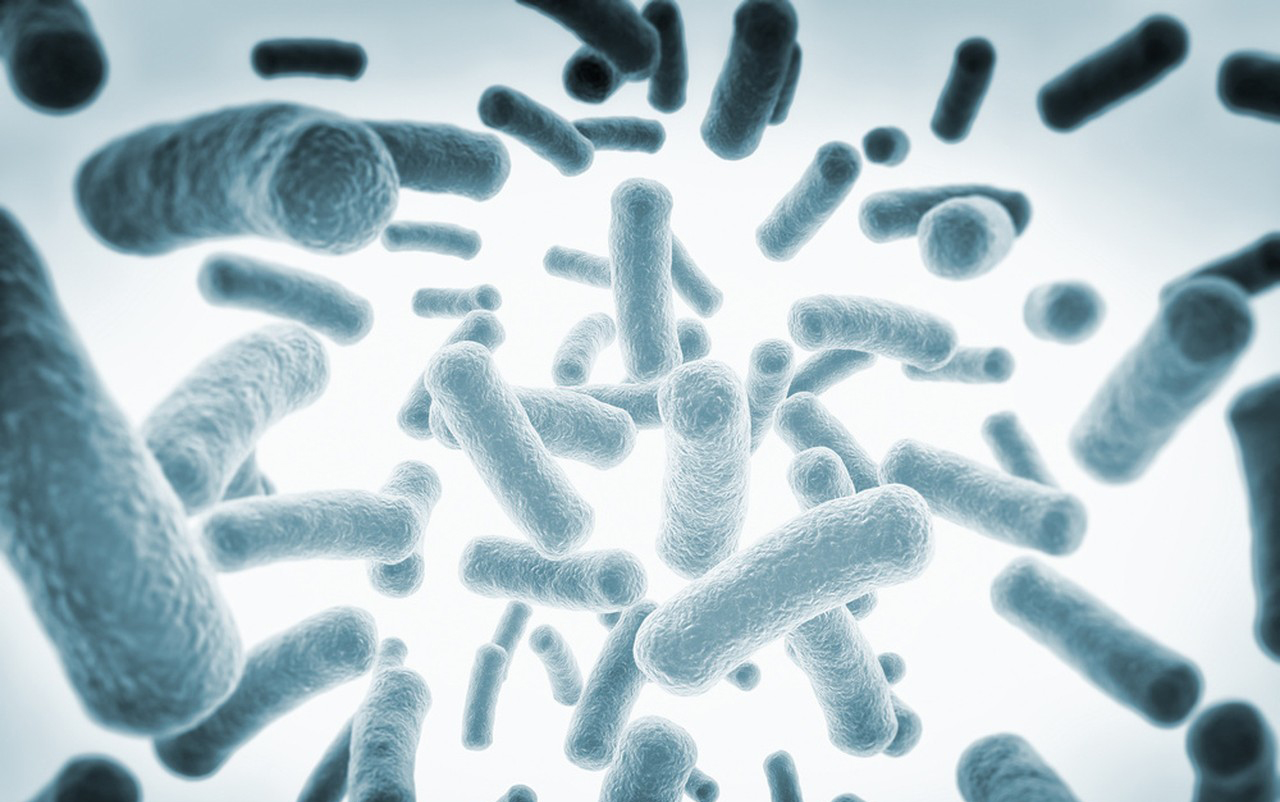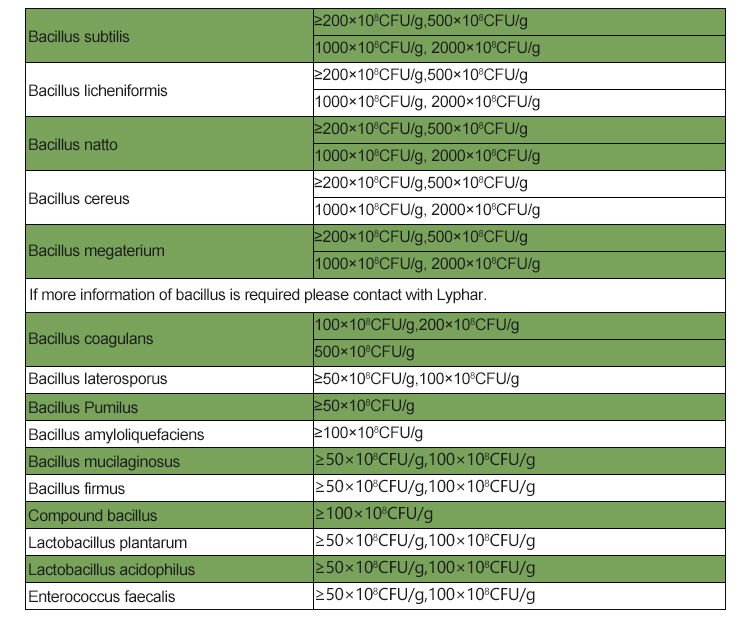Bacillus Thuringiensis (BT) is a naturally occurring bacterium that produces toxins lethal to certain insect pests. It has been widely used in agriculture and pest control due to its target specificity and relatively low toxicity to non-target organisms, including humans and animals. When considering the efficacy, side effects, and special precautions of Bacillus Thuringiensis, it’s essential to differentiate between its different formulations and uses:

Agricultural Use:
- Efficacy: Bacillus Thuringiensis has shown to be effective in controlling a variety of insect pests, such as caterpillars, beetles, and mosquitoes. Its effectiveness varies depending on the target pest and the specific strain of Bt used.
- Side Effects: Bacillus Thuringiensis is generally considered safe for humans, animals, and beneficial insects. It degrades rapidly in the environment, reducing the risk of accumulation. However, some formulations may have adjuvants or additives that can cause skin or eye irritation if directly exposed. Inhalation of large amounts of the dust formulation may also cause respiratory irritation.
- Precautions: When using Bacillus Thuringiensis in agriculture, it’s essential to follow the recommended application rates and safety guidelines provided by the manufacturer. Applicators should wear protective clothing and avoid direct exposure to the product. Proper storage and disposal practices should be observed to prevent environmental contamination.

Biological Insecticides for Pest Control:
- Efficacy: Bacillus Thuringiensis-based insecticides are used as an alternative to chemical insecticides. They have been effective in controlling specific pests in various settings, including gardens, homes, and organic farms.
- Side Effects: Bacillus Thuringiensis-based insecticides have shown to be safe for humans, pets, and most beneficial insects when used as directed. However, like any insecticide, there may be some level of toxicity to non-target organisms if not applied properly.
- Precautions: Users should carefully read and follow the instructions on the product label. Avoid spraying Bacillus Thuringiensis-based insecticides on flowering plants to protect pollinators. Store the products out of reach of children and pets.

Genetically Modified (GM) Bt Crops:
- Efficacy: GM crops engineered with Bacillus Thuringiensis genes produce their own insecticidal proteins, targeting specific pests. These crops have shown significant efficacy in reducing pest damage and improving crop yields.
- Side Effects: The environmental impact of GM Bacillus Thuringiensis crops has been a subject of debate. While they are generally considered safe for human consumption, some concerns have been raised about the development of resistance in target pests and potential effects on non-target organisms.
- Precautions: The planting of GM Bacillus Thuringiensis crops typically follows strict regulatory guidelines to minimize potential risks. It’s crucial to follow recommended refuge strategies, which involve planting non-Bacillus Thuringiensis versions of the crop to help delay the development of resistance in target pests.
In summary, Bacillus Thuringiensis is considered safe and effective when used properly. However, like any insecticide or agricultural product, it is essential to exercise caution, follow label instructions, and adhere to best practices to maximize efficacy while minimizing potential side effects and environmental impact.
